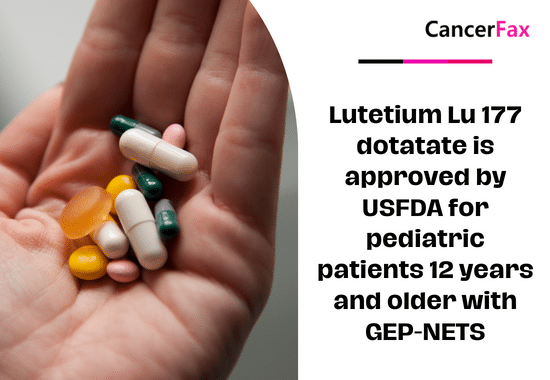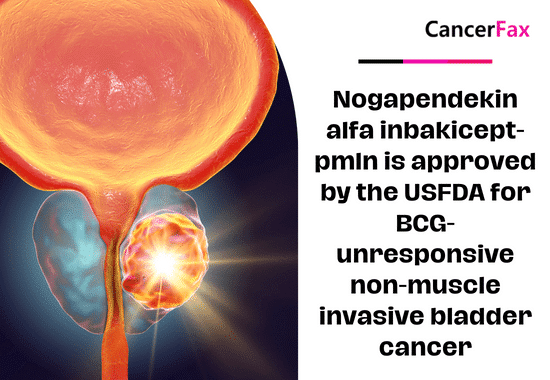A Duke University study has shown that metastatic cancer cells can regulate the metabolic function to reproduce in new organs. Cells derived from colorectal cancer have changed their metabolic habits, making full use of fructose in the liver as much as possible. Once the cancer has spread to different parts of the body, the cancer becomes more deadly, but the treatment does not consider the location of its metastasis and is treated according to the original site. From a genetic point of view, colonia cancer is colon cancer, no matter where it is transferred. But this does not mean that it cannot respond to the new environment. This response may not be genetic, but metabolic. When cancer cells enter the liver, they are like a child in a candy store, using this abundant new energy to create more cancer cells. In order to feed on fructose, cancer cells need to produce more enzymes that can break down fructose, called ALDOB. Once cancer cells find out how to turn fructose back on, cancer cells will lose control and proliferate. In addition to providing reasons for how cancer proliferates after metastasis, this discovery can also lead to new therapies for metastatic cells. For example, avoiding the use of fructose by eating natural non-processed foods and providing drugs that block the metabolism of fructose may prevent cancer from spreading from other organs to the liver. Since pharmaceutical companies have recently developed new drugs for fructose metabolism to treat metabolic diseases, this crossover therapy may not be far away. Doctors can usually remove the primary tumor. But understanding the causes of cancer metastasis and how to adapt to a new home may provide us with a new weapon against cancer.

Lutetium Lu 177 dotatate probatur ab USFDA pro aegris pediatricibus 12 annis et antiquioribus cum GEP-NETS
Lutetium Lu 177 dotatate, curatione fundamenti, nuper approbavit ab US Cibus et medicamentis Administrationis (FDA) pro aegris pediatricibus, notans lapidem notabile in oncologia pediatrica. Haec approbatio pharus spei prolis pugnantibus tumores neuroendocrinos (NETs), raram sed provocantem formam cancri repraesentat, quae therapiis conventionalibus saepe renititur.
